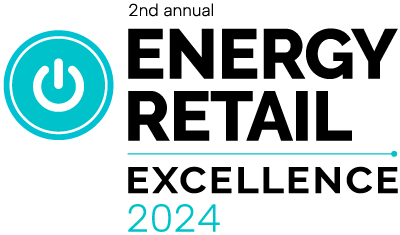 Veronika Nemes
Veronika Nemes
Director
MarketWise
- Analysing how the increase in renewables running through the grid is impacting energy retailing (and is this increase in the offset by STCs?)
- Examining how technology is changing the way energy is sold
- Selling energy to consumers who are increasingly divided in levels of sophistication and ability to participate
- Consequences of the cost of living crisis
 Tom Carroll
Tom Carroll
Manager, Energy Market Modelling
Iberdrola Australia
- Are consumers using more electricity due to electrification (eg electric cars and the movement away from gas appliances) or less due to solar, heat pumps, batteries etc?
- Examining ongoing trends in overall consumption and what a widening gap between engaged pro-sumers and disenfranchised/vulnerable consumers will mean
- Using Consumer Data Right (CDR) data sharing to create a platform where consumers can compare costs for different electrification technologies
 Julie Hirsch
Julie Hirsch
Entrepreneur in Residence, Decarbonisation
AGL
- Decluttering the prosumer pathway - overcoming information overload, a lack of trust in energy suppliers, data safety concerns, changing policies and the speed of perceived tech obsolescence
- Evaluating emerging business models and how well they work for various stakeholders (consumer, the grid, retailers)
- Analysing the likely future development of this class of energy service
 Jess Padman
Jess Padman
Director of Energy Products
National Renewable Network
- Growth of distributed energy resources creates opportunities that benefit households as well as the grid
- Aligning customer incentives with grid services operations is key to successful VPP programs
- Examination of Tesla’s site-level optimisation platform that also supports VPP programs to scale
 Brett Murphy
Brett Murphy
Relationship Manager, Energy, South Australia
Tesla
- Real difference versus window dressing on climate claims
- Delivering large customers benefit from the vast data they produce, rather than being overwhelmed by it
- The economics of fixing processes that typically work well, but are a nightmare for atypical customers
 James Gerraty
James Gerraty
Head Telstra Energy
Telstra
- Bringing the customer on the journey of the smart meter
- Managing site defects (including turning off supply due to unsafe meter panels) especially in relation to vulnerable customers and tenanted sites
- Equipping consumers with unfettered access to their energy data in a format that makes sense to them
- Examining future flashpoints, including remote disconnections
 Sonja Lekovic
Sonja Lekovic
General Manager Compliance
AusNet
- Contemporary insights on customer expectations of retailers
- Solar smoothing support for commercial and government customers
- Leveraging solar generation investment to promote energy equity
- Community solar farms for increased access to renewable energy
- Increasing customer energy resources through Distributed Energy Resources Management Systems
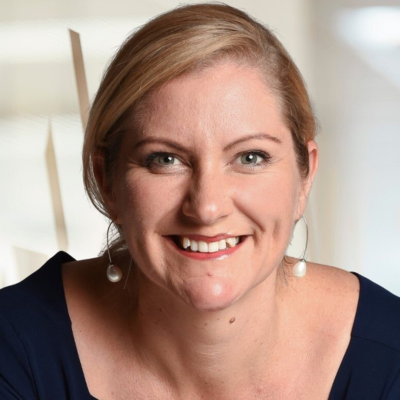 Evette Smeathers
Evette Smeathers
EGM Customer & Community
Horizon Power
- Determining whether change is needed to ensure that consumers experiencing payment difficulty are proactively identified, engaged early and supported appropriately
- Exploring the effectiveness of current protections and gaps, failures and unintended consequences of the current framework
- Measuring effectiveness of other potential approaches, drawing on learnings from other frameworks (such as the Victorian payment difficulty framework).
- Considering the consumer energy debt threshold for disconnection and opportunities to improve engagement so that disconnection is truly a last resort
- Analysing what restricts retailers from open conversation with regulators and how can openness and honesty be encouraged?
- Gaining insights from retailers for collections treatment, language used and sense testing ideas
 Jarrod Ball
Jarrod Ball
Board Member
Australian Energy Regulator (AER)
- Overcoming the challenges of traditional debt prediction and treatment methods
- Proactively engaging vulnerable customers early enough to offer support
- Getting in early with AI and Behavioural Science to change customer payment behaviour
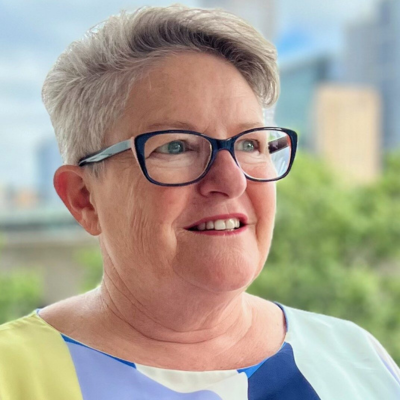 Libby Dale
Libby Dale
Co-Founder
SmartMeasures
- Ensuring distressed or non-paying clients are informed about available support before the disconnection process begins
- Keep energy customers connected through cooperative initiatives like the Knock to Stay Connected scheme
- Learnings and recommendations for engaging with vulnerable customers
- Thinking beyond the customer to the community to ensure all consumers are benefiting
- Connecting distressed consumers with appropriate resources (National Energy Concessions Awareness Campaign)
- Moving from competition to collaboration for customers facing vulnerability
Moderator:
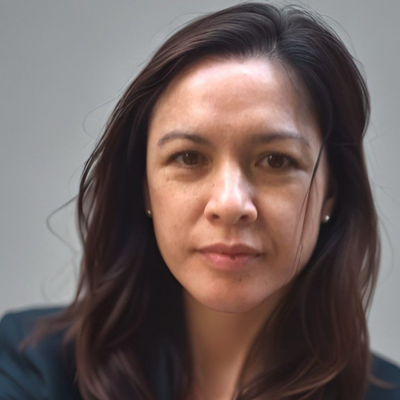 Bec Jolly
Bec Jolly
Director of Collaboration
Energy Charter
Panellists:
 Evette Smeathers
Evette Smeathers
EGM Customer & Community
Horizon Power
 Lisa Post
Lisa Post
Head of Customer Service
TasNetworks
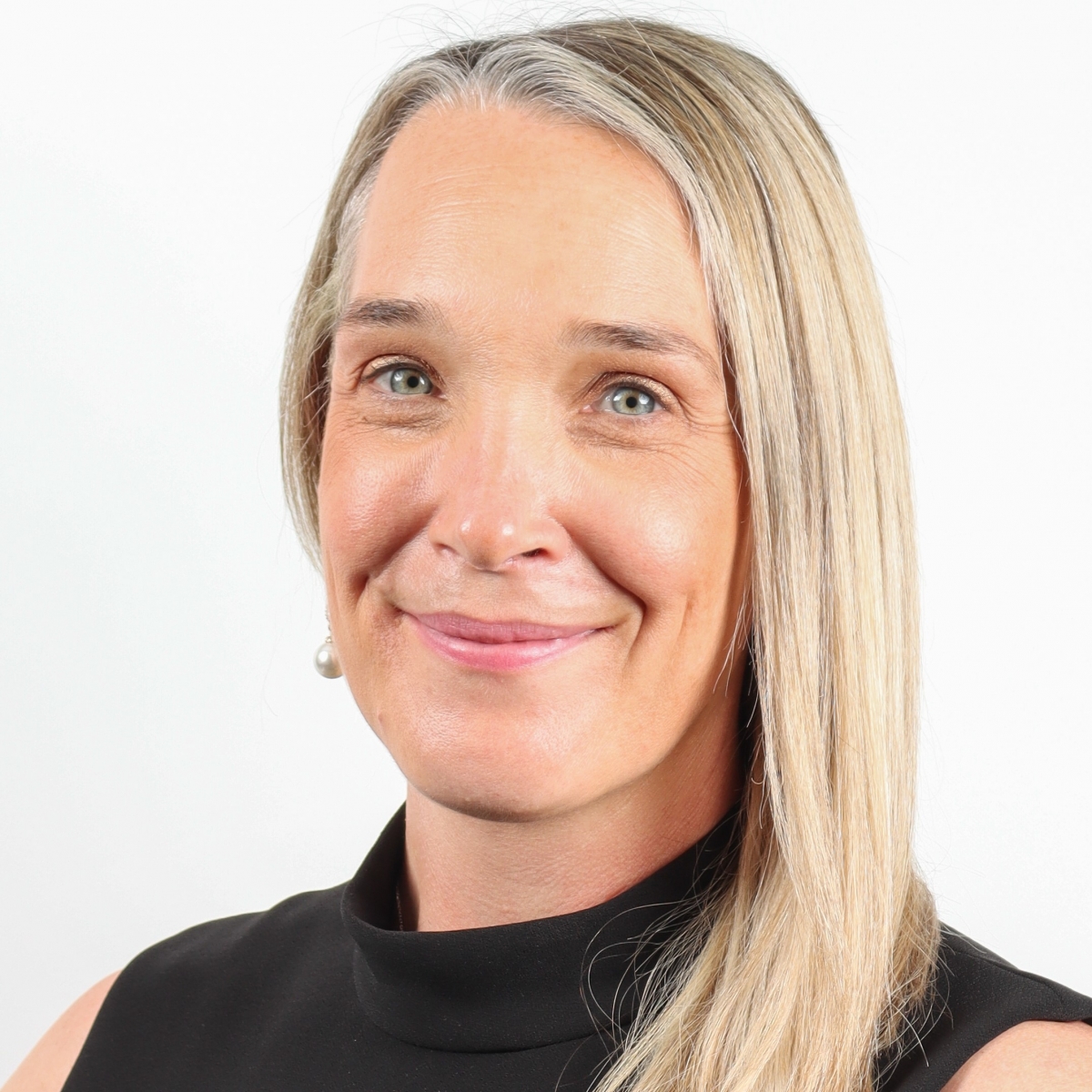 Lesley Walker
Lesley Walker
Executive General Manager, Customer
Synergy
- How do bill shock and accusations of ‘sneaky tactics’ undermine the case for tariff reform?
- Why do demand tariffs in particular come as a nasty surprise for customers more used to flat or time of use tariffs
- How do we ensure consumer demand response programs are not "all stick, no carrot"?
- What is the link between the shift to more complex pricing and the mass rollout of smart electricity meters?
- What are guidelines for avoiding overtly opaque structures that consumers struggle to understand and apply?
 Ron Ben-David
Ron Ben-David
Professorial Fellow
Monash University
- What are the causes and impacts of disengaged consumers?
- Why does the structure of end users’ tariffs bear little relationship to the actual cost structure of the electricity system?
- What needs to happen to enable innovation and deliver the decarbonised, resilient, and affordable electricity that consumers want? (And that energy companies say they want to deliver)
- How can we ensure that the gap between sophisticated consumers with access to technology and vulnerable consumers does not widen through the transition?
Moderator:
 Ben Barnes
Ben Barnes
Interim Chief Executive & General Manager Corporate Affairs
Australian Energy Council
Panellists:
 Gavin Dufty
Gavin Dufty
Executive Manager Policy and Research
St Vincent de Paul Society Australia
 Ron Ben-David
Ron Ben-David
Professorial Fellow
Monash University
 Andrew Crozier
Andrew Crozier
Chief Digital Officer
Aurora Energy
 Sarah Sheppard
Sarah Sheppard
Chief Executive Officer
Victorian Essential Services Commission
